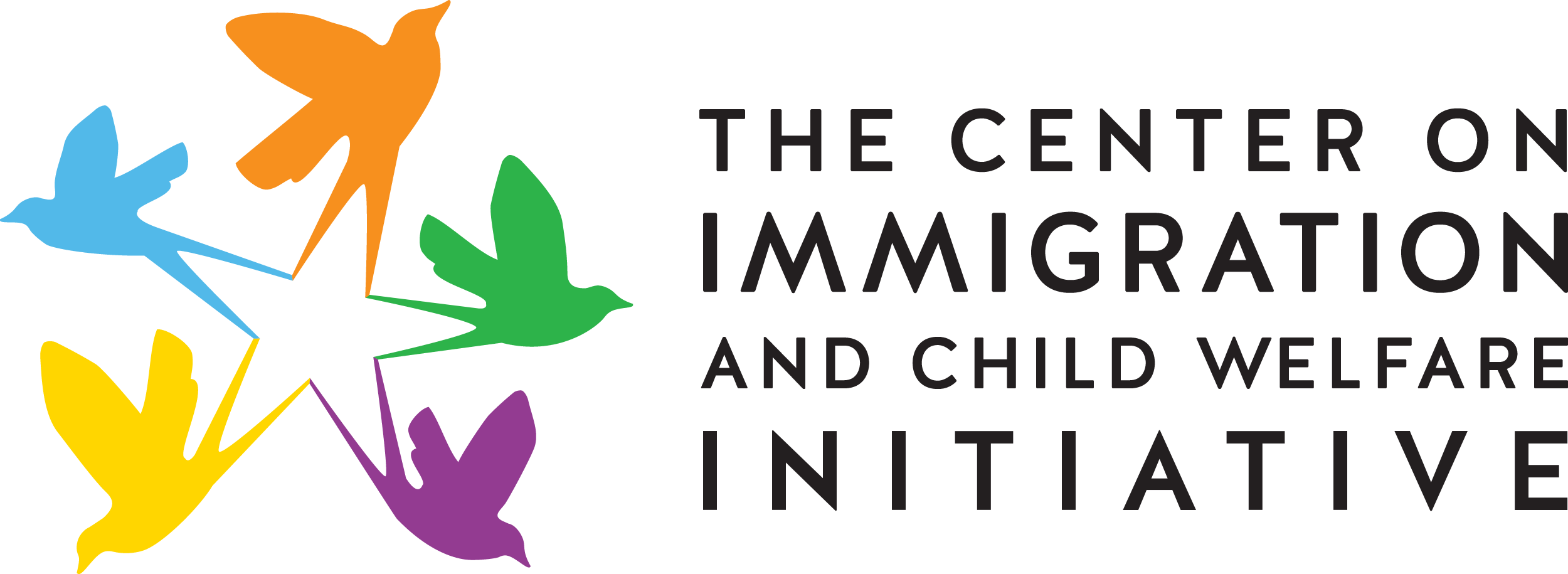The Harm of Family Detention: Why Modifying Flores and Detaining Families Together Cannot Be the Answer to Family Separation
Women’s Refugee Commission (June 2018)
As Congress weighs bills and the Administration considers policies that would result in the long-term detention of families, this backgrounder explains why modifying the 1997 Flores Settlement Agreement – which sets national standards regarding the detention, release, and treatment of all children in immigration detention – and expanding family detention cannot be the answer to the Trump administration’s self-created family separation policies.
Fact Sheet: Top 10 Reasons Family Incarceration is Not a Solution
Human Rights First (June 2018)
The Trump Administration is attempting to replace its failed policy of family separation with the failed policy of family incarceration. ICE already detains families at three facilities in Dilley and Karnes, Texas and Reading, Pennsylvania, but the Trump Administration wants to lock up families even longer and overturn legal rules that protect children from lengthy detention.
Fact Sheet: The Trauma of Childhood Separation
Megan J. Wolff, PhD, MPH; Weill Cornell (July 2, 2018)
The Institute for the History of Psychiatry at Weill Cornell created this tool for those working on behalf of separated families or incarcerated parents. This well-sourced fact sheet details the medical aspects of the trauma of child separation. It’s intended to be of use for journalists, policymakers, lawyers, and anyone else interested or involved in the issue.
2018 Kids Count Data Book: State Trends in Child Well-Being
The Annie E. Casey Foundation (June 27, 2018)
The 2018 KIDS COUNT® Data Book provides important context entering the 2020 census and its potential to under count at least 1 million kids under age 5. It also looks at recent trends in child well-being, including improvements in economic well-being but mixed results in health, education and family and community factors.
Supporting Children and Parents Affected by the Trauma of Separation
Child Trends and the National Research Center on Hispanic Children and Families, (June 2018)
As public officials and communities turn to the task of reuniting and supporting immigrant children and parents separated at the border, they face the difficult but critical work of helping these families heal after the trauma they have endured.In this brief, Maria A. Ramos-Olazagasti, a Center investigator, teams up with Jessica Dym Bartlett, a Child Trends expert on early child trauma, to offer research-based guidance for parents, communities, states, and the federal government.
Keep Families Together Act
U.S. House of Representatives (June, 18 2018)
The Keep Families Together Act is recently proposed legislation to end the Trump Administration’s policy of separating families at the border. The bill promotes family unity by prohibiting DHS officials from separating children from their parents, except in extraordinary circumstances.
Family Separation at the Border — The Administration’s “Zero Tolerance” Policy: De Facto Family Separation
Women’s Refugee Commission (May 29, 2018)
This resources explains the Trump administration’s “zero tolerance” policy and provides information about the ramifications for family separation as well as policy recommendations.
Language competence in forensic interviews for suspected child sexual abuse.
Lisa A. Fontes and Amy C. Tishelman, Child Abuse and Neglect (June 2016)
Forensic interviews with children for suspected child sexual abuse require meeting children “where they are” in terms of their developmental level, readiness to disclose, culture, and language. In this qualitative study, 39 U.S. child forensic interviewers and child advocacy center directors discussed their experiences, practices, and opinions regarding interviews with children and families who are not native speakers of English. Recommendations for practice and further research are included.
One Year Later: Immigrant Trauma and How to Deal with It
The Immigrant Learning Center (ILC) (November 2017)
This is a webinar conducted by legal experts, social workers, educators and social service providers coming together to explain the impact of trauma faced by immigrants, how immigration policies have changed this over the year, and best practices to work with clients facing this trauma.

